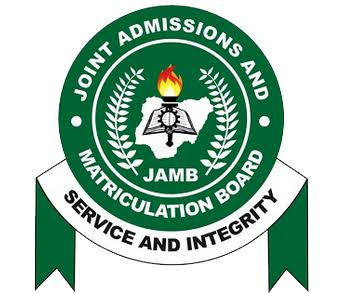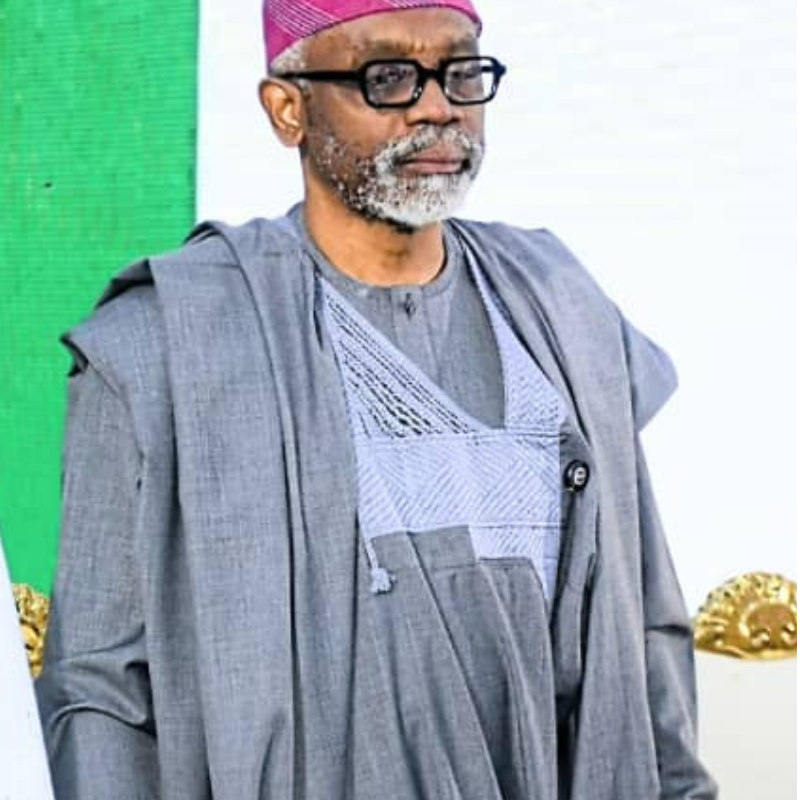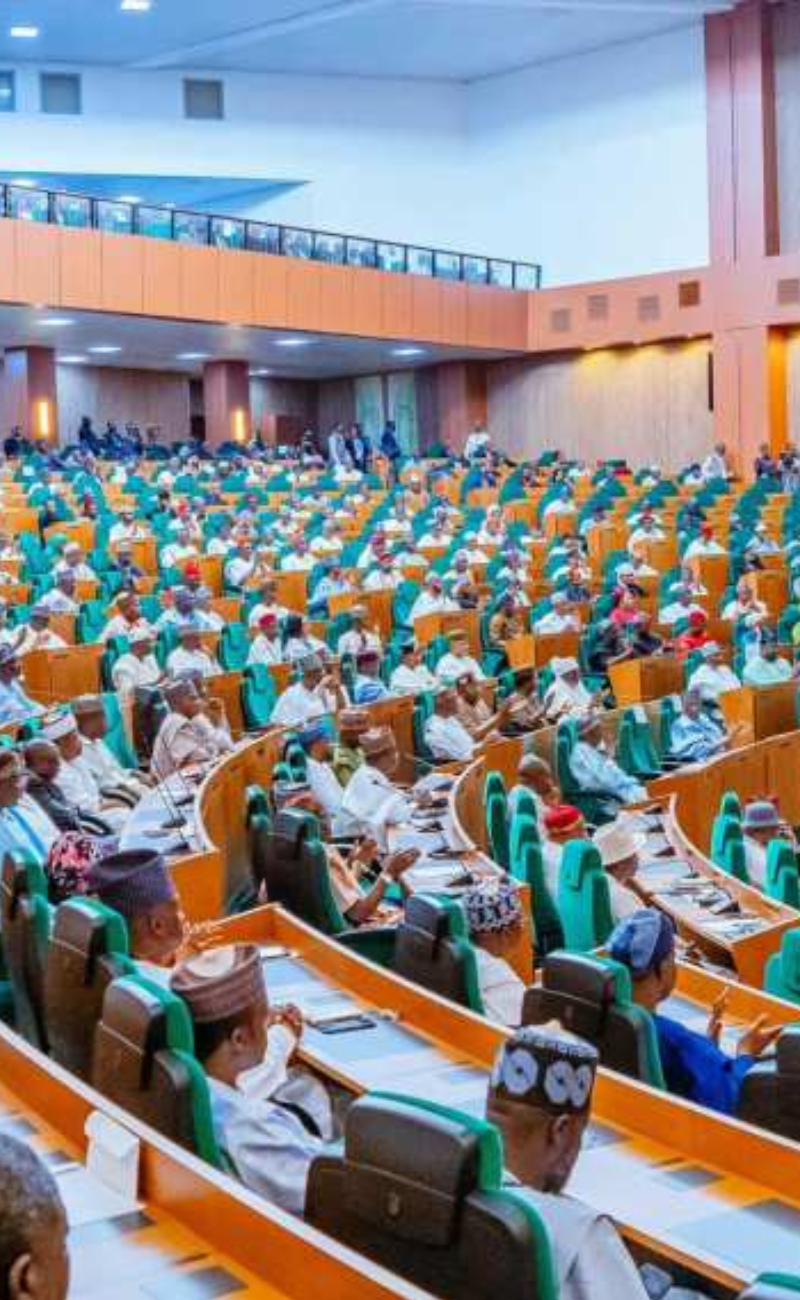The board remitted N4 billion to the Consolidated Revenue Fund in 2024 whereas it received N6 billion from the Federal Government.

Lawmakers have raised concerns over the financial operations of the Joint Admissions and Matriculation Board (JAMB), questioning its fiscal prudence and the logic of government funding for a revenue-generating agency.
These concerns were raised on Monday during an interactive session of the joint committee of the Senate and House of Representatives chaired by Sen. Sani Musa (APC, Niger East) on the 2025 revenue projections.
Speaking to the committee, JAMB Registrar, Ishaq Oloyede disclosed that while the board remitted N4 billion to the Consolidated Revenue Fund in 2024, it received N6 billion from the Federal Government within the same period.
This revelation sparked criticism from committee members, including Rep. Abiodun Faleke, who chairs the House Committee on Finance. Faleke argued that such funding is unjustifiable for a self-sustaining body. “You remitted N4 billion and received N6 billion from the Federal Government. Why not keep the N4 billion and stop the government from funding JAMB?” Faleke questioned.
READ ALSO: TETFUND: Reps sets up Committee to probe agency’s utilisation of funds
Sen. Adams Oshiomhole (APC, Edo Nortj) also took issue with JAMB’s expenditures, particularly the N1.1 billion spent on meals and refreshments, labeling it extravagant and insensitive. “Are you being freely fed by the government? This money comes from poor students, many of whom are orphans,” he asked.
Further scrutiny revealed spending of N850 million on security, cleaning, and fumigation, N600 million on local travels, and N6.5 billion for training, prompting lawmakers to demand a detailed breakdown. Oshiomhole also challenged the allocation of N1 billion for a staff housing scheme, questioning its necessity and financial impact.
The interactive session also highlighted broader concerns over the low remittances from Ministries, Departments, and Agencies (MDAs) in 2024. Sen. Musa noted a troubling gap between the significant revenues generated by MDAs and the minimal amounts remitted to the federation account, citing inefficiency, mismanagement, and possible revenue leakages. He emphasised that such discrepancies undermine the government’s ability to finance key infrastructure and social services, calling for stricter oversight and improved accountability across agencies.



